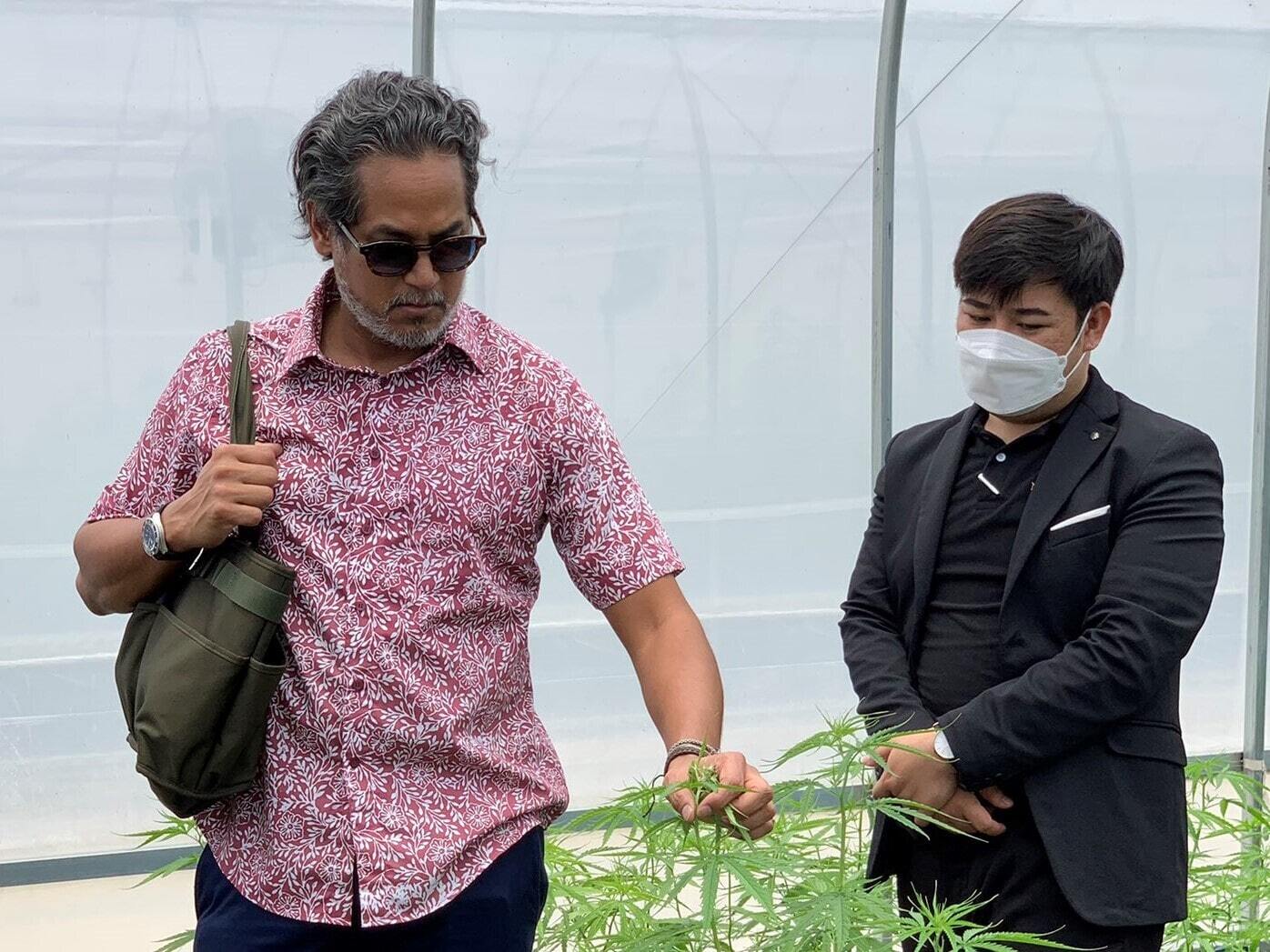KUALA LUMPUR, August 24 – The government is not considering legalising the recreational use of cannabis, Khairy Jamaluddin said, despite making plans to permit medical marijuana if there is sufficient clinical evidence.
On a working visit to Thailand, the health minister visited the Government Pharmaceutical Organisation’s (GPO) marijuana manufacturing plant in Bangkok yesterday, where he was briefed on the production, cultivation, and use of medical cannabis.
Khairy also told Thailand’s public health minister Anutin Charnvirakul that Malaysia hopes to import medical cannabis products from Thailand for clinical research.
Earlier today, Khairy visited Siam Cannabis Land, a cannabis farm in Pattaya, that grows CBD and THC strains of the cannabis plant, besides hosting a cannabis clinic.
“If the clinical evidence gathered shows that cannabis is safe and efficacious for medical use, we will draw up a robust regulatory framework and clinical practice guideline. Rest assured, recreational use is not being considered,” Khairy posted on Instagram Stories.
Thailand is the first Southeast Asian country to legalise the cultivation and possession of cannabis after removing marijuana from its banned narcotics list last June, with the government giving away one million cannabis seedlings to citizens for them to grow cannabis plants at home. Thailand previously legalised medical cannabis use in 2018.
The Thai government, however, sets 0.2 per cent as the maximum limit of THC, the hallucinogenic compound, in legal cannabis products.
Smoking marijuana in public is still considered a nuisance, subject to a potential three-month jail sentence and a 25,000 Thai baht fine (RM3,108).
BBC noted that although the Thai government insists that it is permitting production and consumption of cannabis only for medical, not recreational purposes, the line is blurred in practice.
It is unclear how the Malaysian government plans to legalise or regulate marijuana for medical use without removing cannabis entirely from the Dangerous Drugs Act (DDA) 1952.
Under the DDA, possession of 50g or more of cannabis is punishable with at least five years’ imprisonment or up to a life sentence, while those in possession of 200g or more of cannabis are presumed to be trafficking that is punishable by death.
Malaysia’s narcotics law does not distinguish between different cannabis products by their THC content, simply banning cannabis as a whole, defined as “any part of any plant of the genus Cannabis from which there is found to be present resin irrespective of its quantity, and by whatever name the plant may be designated.”
Khairy announced last month that the Ministry of Health (MOH) would unveil a framework later this year for the registration of prescription drugs containing CBD (cannabidiol). CBD is one of over 80 chemical compounds, or cannabinoids, in the Cannabis sativa plant.
Unlike THC that produces the “high” associated with marijuana use, CBD is not psychoactive.








